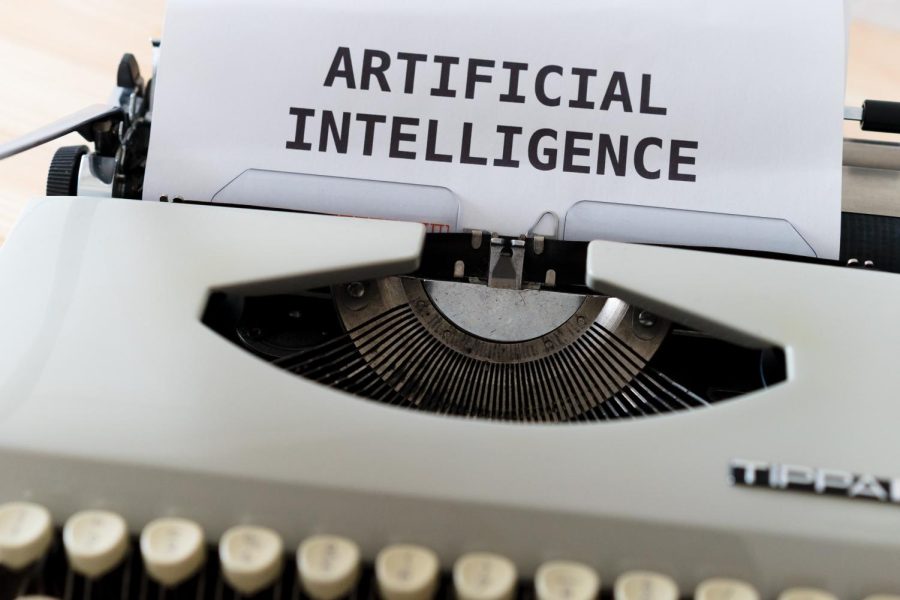The emergence and refinement of artificial intelligence tools over the last few years has been staggering to witness, and the release of ChatGPT by California company OpenAI in November of last year has many wondering about the implications of such technology.
Schools across the country are banning and welcoming it in equal measure, and ethical quandaries surrounding its use are constantly called into question.
ChatGPT is an Internet-based tool that functions as a direct messaging conversation between a human user and an AI bot.
Despite the fears that other professors might have about its use as a personal essay writer, Language and Literature Professor Stephen doCarmo isn’t too worried about that aspect of artificial intelligence, saying, “For the moment, at least, giving my students detailed assignments with lists of requirements we’ve got to hit if we’re going to do well seems to be making ChatGPT too much trouble to bother with.”
However, that doesn’t mean there aren’t other, less obvious consequences of the widespread acceptance and adoption of more AI tools.
“We need to consider the fact that writing is thinking, full stop. And [in as much] as writing, owing to radical new advances in AI, now stands to become an esoteric skill—something most humans just won’t need to be able to do anymore—we stand to become a way less thoughtful society.”
He added, “People who learn how to write learn how to think. Not what to think, but how to. I’m concerned we may be just a few years out from a time when most people won’t learn how to think anymore—at least not in the clear, organized, oh-so helpful ways writing has always spurred. This won’t be trouble just because we’ll be trusting computers to do our thinking for us; it’ll be trouble because it’ll take a good bit of the pleasure out of human lives.”
There is also the ethical question concerning the use of tools like ChatGPT in an academic setting. Beyond the aforementioned uses like essay writing, there is also the potential for it to be used as a teaching tool, like having an AI explain difficult concepts in simple ways to students who may not fully grasp a subject.
The issue, to doCarmo and many others, is one of original authorship. “Things only get sketchy (to put it mildly) when we try to pass off texts or images or programs ChatGPT has created as our own. As the months and years wear on, the ethics around AI may evolve, and we might decide the work a chatbox does in response to a request we feed it is effectively ‘our’ work.”
The advancement of AI over the last three years is almost completely unbelievable from an outside perspective, and yet at the same time it almost felt inevitable that technology would reach this point.
When asked if he thought there would come a time where AI authorship would be indistinguishable from human authorship, doCarmo simply stated: “We’re there already. A couple days ago I read a column from a New York Times reporter who revealed in his second paragraph that ChatGPT had written his first paragraph. Fooled me.”


